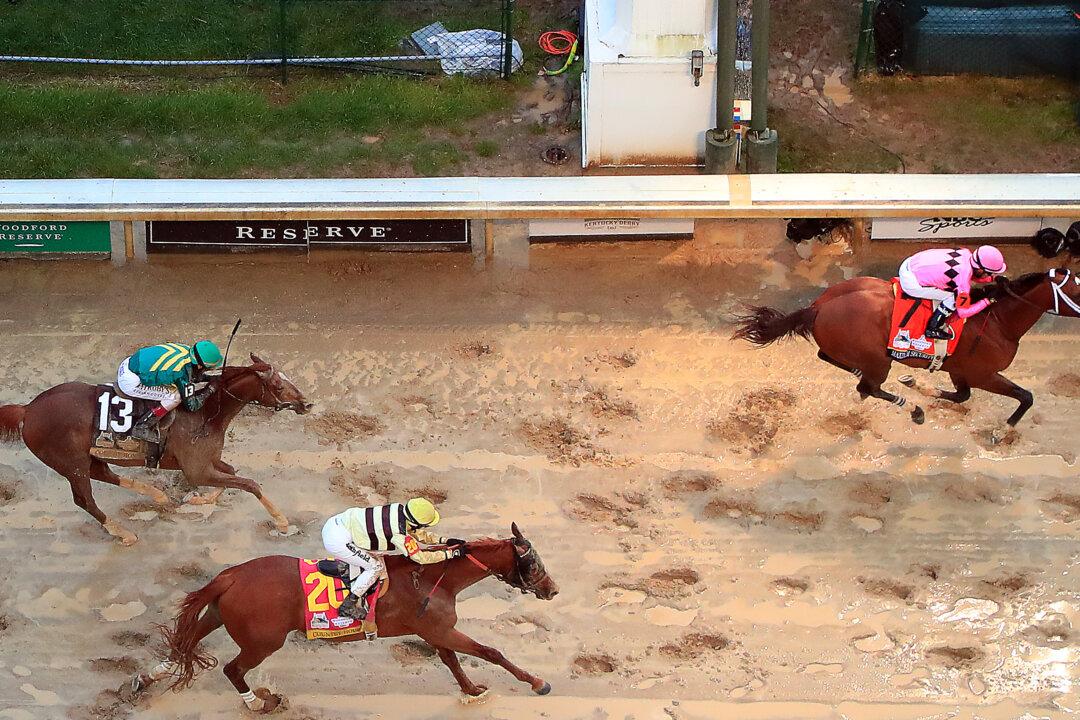Commentary
You’ve heard the news: For the first time in its 145-year history, Maximum Security, the horse that crossed the finish line first in the Kentucky Derby, was disqualified for having committed a foul against three other horses.


You’ve heard the news: For the first time in its 145-year history, Maximum Security, the horse that crossed the finish line first in the Kentucky Derby, was disqualified for having committed a foul against three other horses.